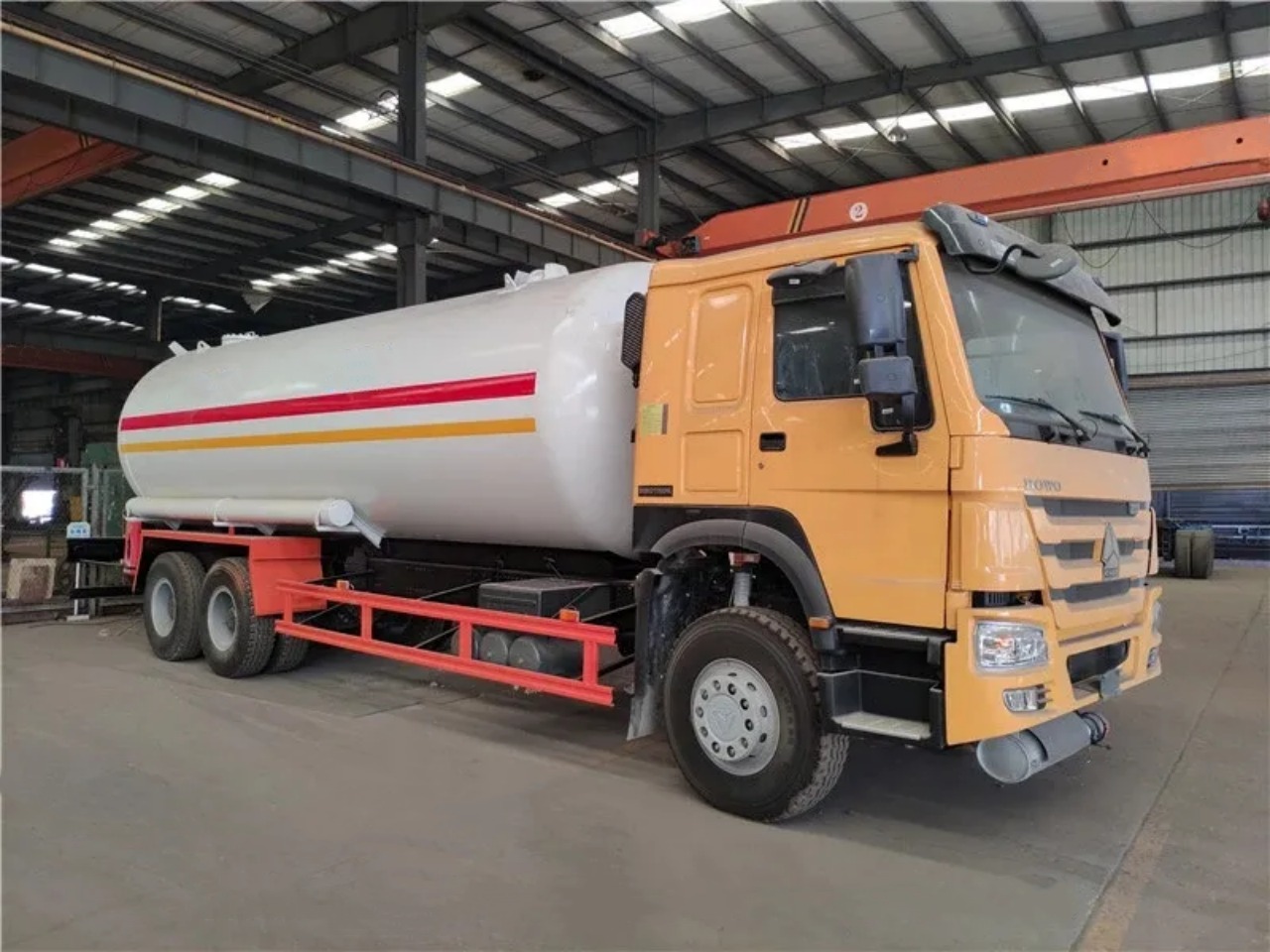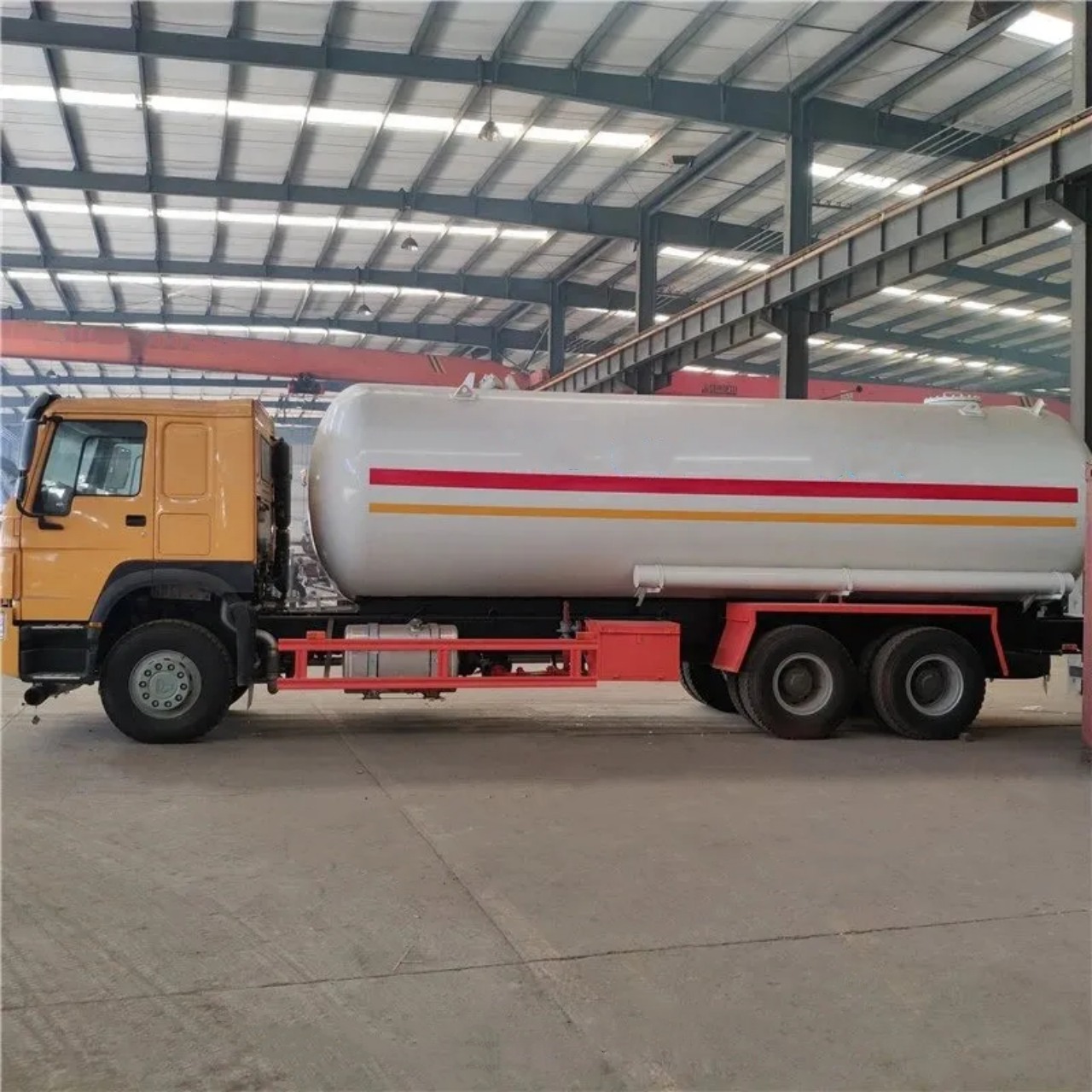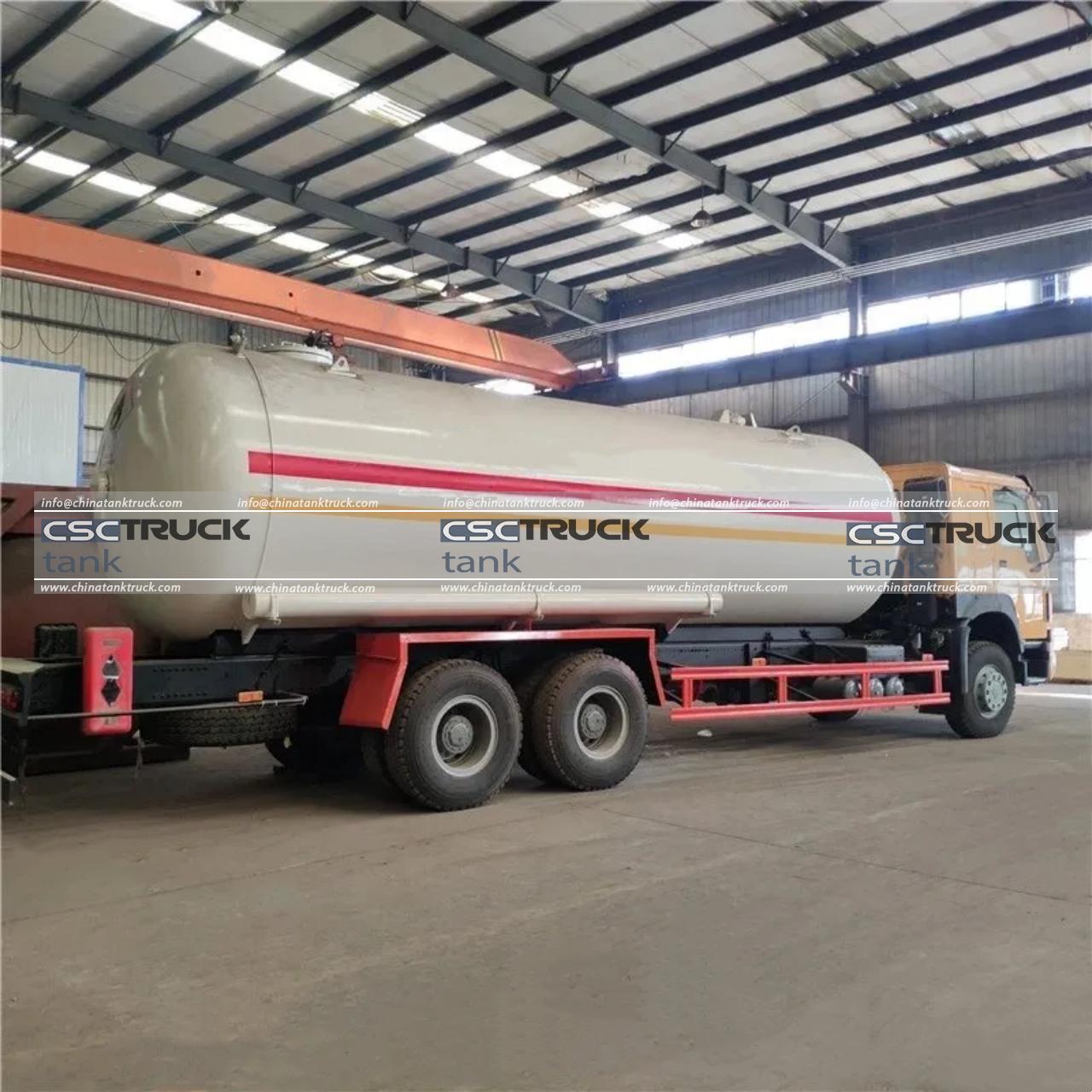Propane, also known as liquefied petroleum gas (LPG), is a clean, efficient alternative fuel widely used across many industries. It’s a byproduct of natural gas processing and crude oil refining and has been gaining popularity in the transportation sector due to its environmental benefits and economic efficiency. As governments and organizations push for greener alternatives to fossil fuels, propane has become an attractive option for a variety of vehicles. In this article, we will explore the different types of vehicles that use propane, their benefits, and how propane can help reduce carbon emissions and fuel costs.
1. Propane-Powered Passenger Vehicles
Passenger vehicles like cars, trucks, and vans are increasingly adopting propane as an alternative to gasoline and diesel. These vehicles are often referred to as “propane autogas” vehicles. Autogas is propane specifically used as fuel for vehicles, and it offers several benefits compared to traditional fuels, such as lower emissions and cost-effective fueling options.
Many car manufacturers offer factory-built propane-powered models, while others offer propane conversion kits for vehicles already on the road. A notable example of a factory-built propane car is the Ford F-150, which offers a propane option for certain fleet vehicles. Other companies, like General Motors, offer similar options for fleet vehicles, while aftermarket conversion kits can be installed on a wide range of vehicles to switch them from gasoline or diesel to propane.
Benefits:
- Lower Emissions: Propane burns cleaner than gasoline or diesel, resulting in fewer carbon emissions, hydrocarbons, and particulate matter. This makes propane-powered vehicles a more environmentally friendly option.
- Cost-Effectiveness: Propane is often less expensive than gasoline or diesel, making it a budget-friendly choice for consumers and businesses alike.
- Performance: Vehicles powered by propane typically have similar performance to their gasoline counterparts, offering comparable horsepower, torque, and driving experience.

2. Propane-Powered Commercial Fleets
In addition to personal vehicles, propane is also widely used in commercial fleets, particularly for vehicles like delivery trucks, service vehicles, and even larger freight trucks. Fleets that operate on propane benefit from significant savings in both fuel costs and maintenance.
For example, large delivery companies like PepsiCo and UPS have transitioned part of their fleets to propane-powered vehicles, which helps them reduce their carbon footprint and save on fuel costs. Propane-powered trucks, especially those used in short-distance delivery or urban environments, are a great choice because propane is readily available and can be refueled quickly.
Benefits:
- Cost Savings: Commercial fleet operators can save significantly on fuel costs by switching to propane, which is typically more affordable than gasoline or diesel. Additionally, the reduced wear and tear on engines may result in lower maintenance costs.
- Lower Emissions: Propane produces fewer greenhouse gases than traditional fuels. By adopting propane, fleet operators can reduce their environmental impact, helping meet sustainability targets and regulatory requirements.
- Efficiency: Propane-powered commercial vehicles can be highly efficient, with relatively low fuel consumption compared to traditional gasoline and diesel vehicles.
3. Propane Forklifts
Another prominent category of vehicles using propane is forklifts. These industrial vehicles are commonly used in warehouses, manufacturing plants, and distribution centers, where they move heavy loads and help manage inventories. Propane forklifts are especially popular because of their ability to operate both indoors and outdoors, unlike electric forklifts which can be limited by battery life and charging stations.
Propane-powered forklifts are often seen in industries like manufacturing, warehousing, and logistics, as they provide a powerful and reliable means of lifting and moving goods. Propane is also advantageous for forklifts because it offers the convenience of quick refueling without waiting for battery charging.
Benefits:
- Indoor Operation: Since propane produces fewer emissions than gasoline or diesel, it is a safe and efficient fuel for indoor operations. Propane-powered forklifts can be used in enclosed spaces without posing significant health risks.
- Longer Operating Hours: With propane, forklifts can be quickly refueled, allowing for extended working hours. This is especially beneficial in environments where downtime due to fuel changes or recharging is costly.
- Reduced Operating Costs: Propane forklifts are often more affordable to operate and maintain than their electric counterparts, thanks to the lower price of propane and the reduced need for costly battery replacements.

4. School Buses
School districts across the U.S. and other countries have increasingly turned to propane to fuel their fleets of buses. Propane school buses offer an environmentally friendly alternative to diesel-powered buses, which are known for their higher emissions of nitrogen oxides (NOx) and particulate matter (PM), which contribute to air pollution and health problems.
The use of propane in school buses provides several benefits, including cleaner air around schools and reduced exposure to toxic emissions. Additionally, propane buses are more cost-effective than their diesel counterparts, thanks to lower fuel costs and reduced maintenance needs.
Benefits:
- Cleaner Air: Propane produces fewer emissions than diesel, which helps reduce air pollution around school zones. This is a crucial factor for improving the health of children who are particularly vulnerable to air quality issues.
- Reduced Maintenance: Propane engines are less prone to engine wear and tear, which means school districts spend less on maintenance and repairs.
- Cost Savings: With lower fuel costs compared to diesel, propane-powered school buses can provide long-term savings for school districts.
5. Propane-powered RVs and Campers
Recreational vehicles (RVs) and campers are another category of vehicles that increasingly use propane as a fuel source. RVs and trailers often rely on propane for heating, cooking, and powering appliances such as refrigerators and water heaters. Propane is a convenient and reliable fuel source for campers who want to stay off the grid, providing them with the ability to live comfortably while traveling in remote areas.
Some RVs are also designed to run on propane for powering the vehicle’s engine, though this is less common. In these cases, propane helps reduce the RV’s dependence on gasoline or diesel, extending the vehicle’s range and reducing fuel costs.
Benefits:
- Off-the-Grid Capability: Propane is an excellent fuel for RVs because it allows travelers to run appliances, heat their living spaces, and cook meals without the need for an external power source.
- Eco-Friendly: Propane’s clean-burning nature helps reduce the carbon footprint of RV users, making it a popular choice for environmentally conscious travelers.
- Convenience and Cost: Propane is easy to refill at RV parks, fueling stations, and many campgrounds. It is often more affordable than gasoline, making it a budget-friendly option for travelers.

Conclusion
As concerns about climate change and air pollution continue to rise, propane-powered vehicles are becoming an increasingly popular alternative to traditional gasoline and diesel-powered vehicles. Whether in passenger cars, commercial fleets, forklifts, school buses, or RVs, propane provides a cost-effective, environmentally friendly solution to meet the transportation needs of individuals and businesses alike.
With its lower emissions, affordable fuel costs, and broad availability, propane will likely remain a key player in the transition to cleaner transportation technologies. While propane-powered vehicles are not yet as widespread as traditional fossil-fueled vehicles, their continued growth offers a promising glimpse of a more sustainable and efficient transportation future.

